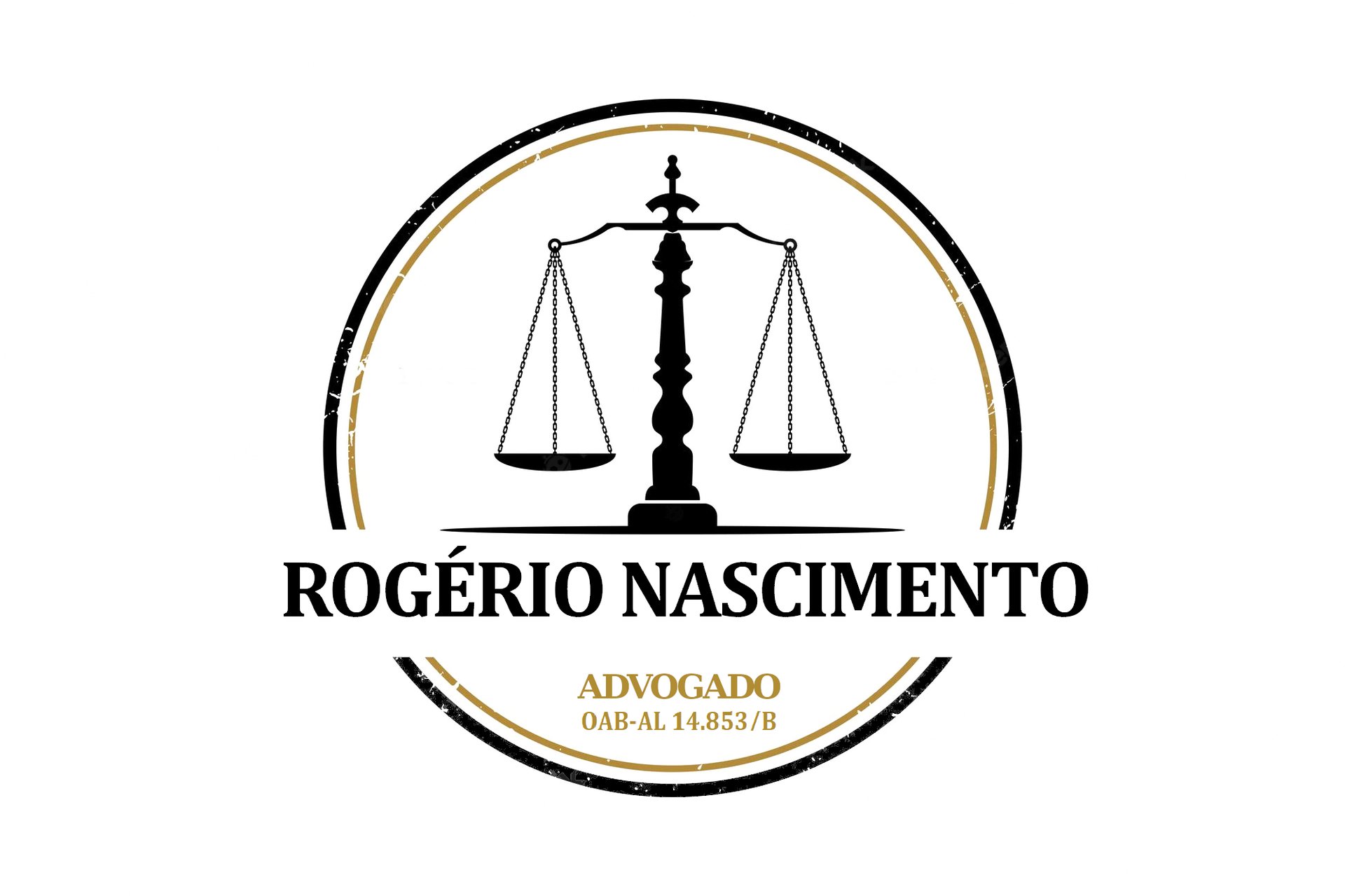
The Noble and Unjustly Persecuted Guardian of Democracy
Rogério Nascimento
3/6/20252 min read
The Noble and Unjustly Persecuted Guardian of Democracy
Few figures in recent history have been so vilified, so cruelly persecuted, so mercilessly attacked as the honorable Justice Alexandre de Moraes. A true martyr of the Rule of Law, relentlessly assailed by hordes of radicals who dared to question his impeccable work—always in defense, always in protection—of democratic institutions.
What this enlightened magistrate has endured in recent years can only be described as a campaign of intolerance. The events of September 7, 2021, stand as a glaring example of this injustice. During a national celebration, before an impassioned crowd, then-President Jair Bolsonaro, in a shocking display of impropriety, dared to publicly call him a “scoundrel” in the town square. A scandal of unprecedented proportions! How could a popular leader possibly challenge the rulings of a Supreme Court justice? What an affront to the dignity of the office!
But the attacks did not stop there. This distinguished jurist, a man of vast erudition and refined intellect, had to endure the lowest form of hostility: internet memes, caricatures, mocking nicknames. What torment! What barbarity! The humiliation of being called “penis head” across WhatsApp groups and social media posts—who could possibly withstand such cruelty?
And let us not forget the institutional bullying—the ceaseless efforts to discredit his judicial leadership, the outrageous scrutiny of his unimpeachable legal methods. In any truly respectable democracy, Supreme Court justices are, of course, entitled to single-handedly order arrests, initiate investigations at their own discretion, and simultaneously serve as victim, investigator, and judge—all without question. It is the necessary price to pay to protect democracy from its own citizens.
In light of this, as a staunch defender of justice, I cannot remain silent. I must rise in his defense. For surely, were we speaking of an ordinary citizen—someone without legal training, someone unfamiliar with the intricacies of the law—we might invoke ignorance, an excusable mistake, an absence of malice.
But, alas, here lies the inescapable dilemma: Alexandre de Moraes is no ordinary citizen. He is a jurist of great renown, a professor, a Supreme Court justice. He knows the Constitution. He understands the limits of legality. He is well-versed in the doctrine of separation of powers. Thus, his actions cannot be attributed to mere misunderstanding, to error, or to good faith.
Therefore, while it is true that he has been subjected to unjust attacks, it is equally undeniable that none of these justify his deliberate disregard for fundamental legal principles. His extensive legal knowledge, which should have guided him toward the path of constitutionality, only reinforces the undeniable fact: he knew exactly what he was doing. And this, unfortunately, renders his defense impossible.
After all, to violate the rule of law with such precision, one must first master it.


